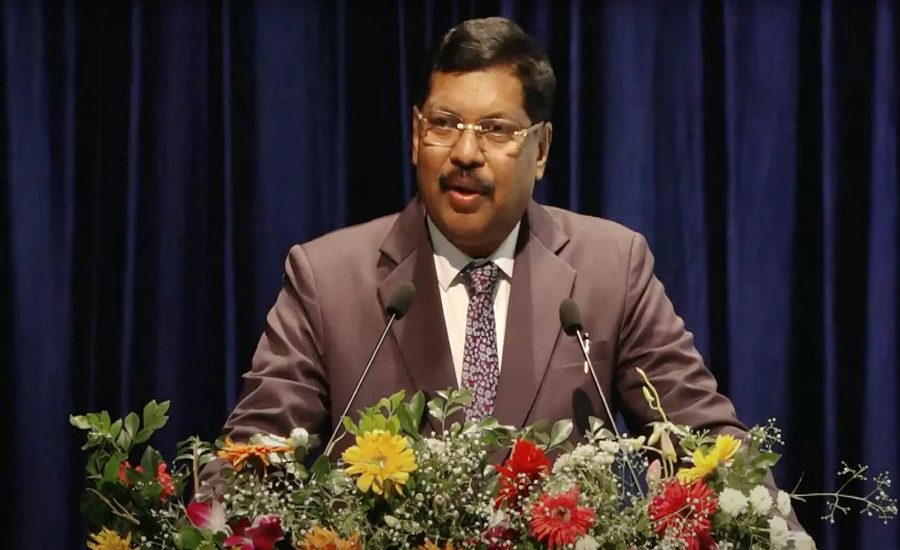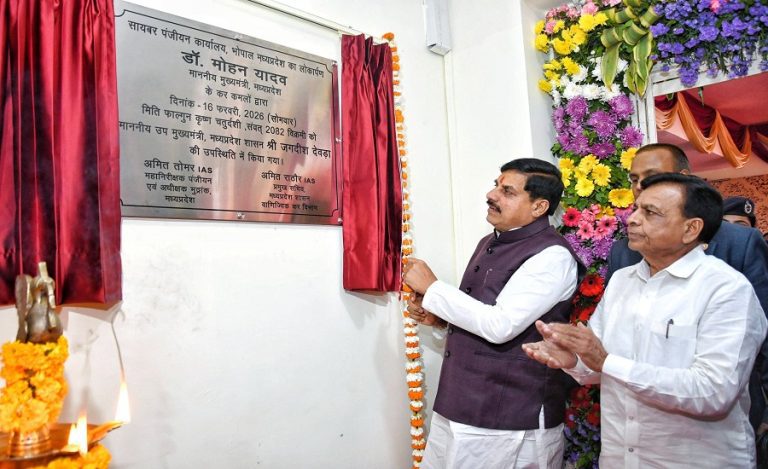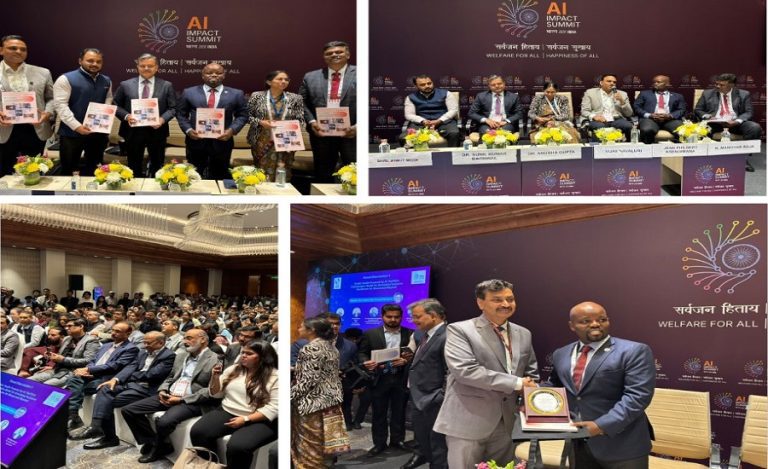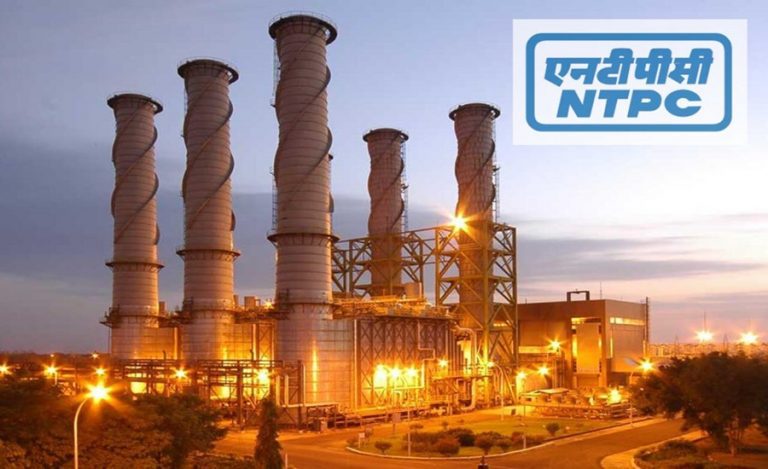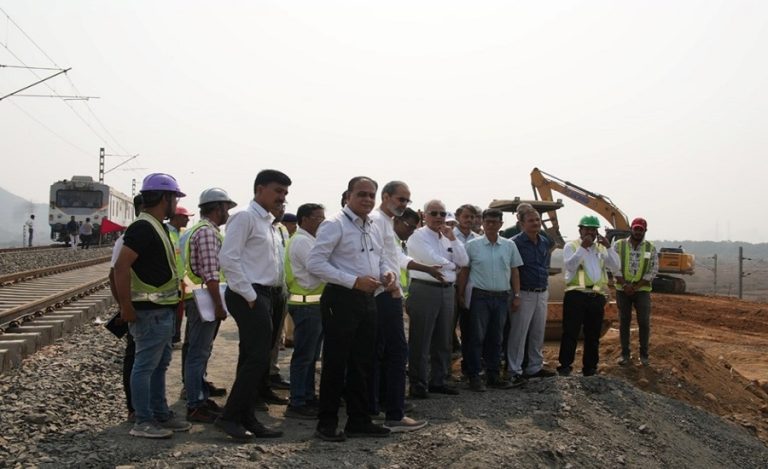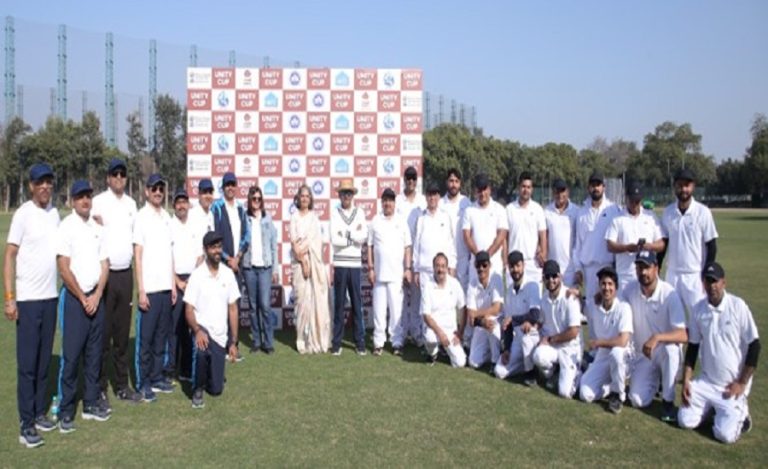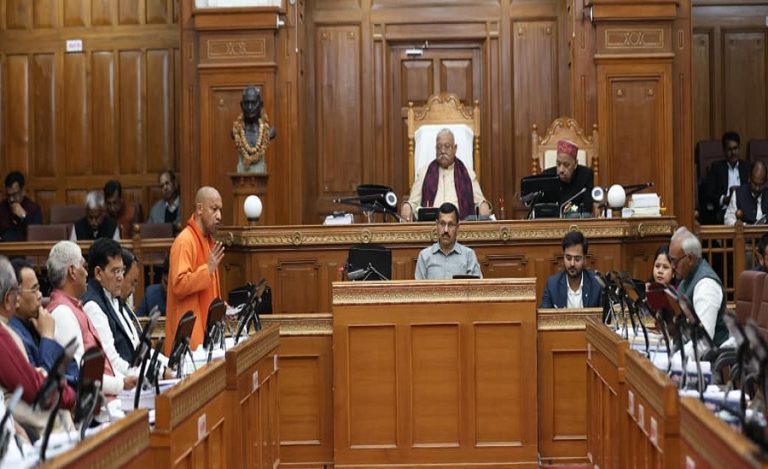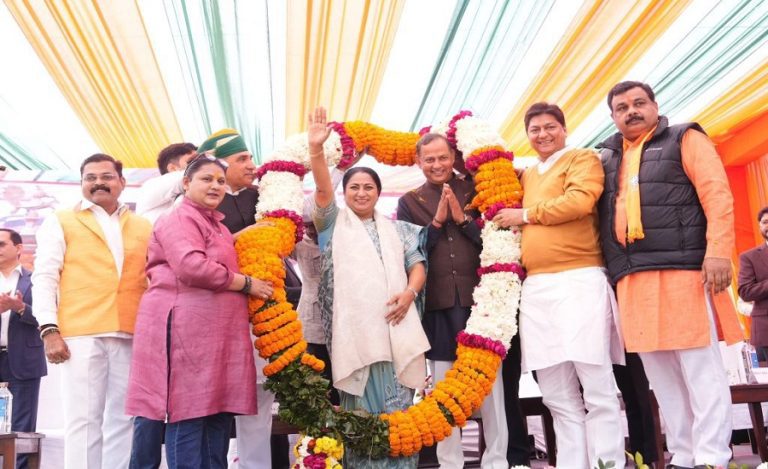New Delhi: Former Chief Justice of India B.R. Gavai spoke candidly about his tenure, the Constitution, social media, judicial independence, and the key challenges facing the country today.
Constitution Is Not Under Threat
Asked whether he believes the Constitution is under threat, Justice Gavai said, “I do not believe the Constitution is under threat. The 1973 Kesavananda Bharati judgment is very clear. It explicitly states that Parliament cannot alter the basic structure of the Constitution. The Constitution cannot be changed.”
Upholding Babasaheb Ambedkar’s Vision
On the question of Babasaheb Ambedkar’s vision and constitutional values, he stated, “Babasaheb dreamed not only of political justice but also of social and economic justice. He believed that democracy would function properly only when political democracy is accompanied by social and economic democracy. Therefore, all three institutions — the legislature, the executive, and the judiciary — must work together. Justice should reach every citizen at minimal cost. This is my tribute to Babasaheb.”
Judiciary and Government Interference
Addressing concerns about government interference in the judiciary, Justice Gavai said, “No, that is incorrect. The government does not interfere in the judiciary. When the collegium makes a decision, several factors are considered, including inputs from the executive, IB, Law Ministry, the concerned Chief Justice, the Chief Minister, and the Governor. But this does not mean the collegium works under any pressure.”
Views on Social Media and Misuse
Justice Gavai addressed trolling and controversies, including the “Lord Vishnu” issue, saying, “I do not use social media. I never made any statements about Lord Vishnu; the issue was misrepresented. A judge should not decide cases based on social media popularity. Decisions should be based on facts, evidence, and the law.”
He also warned about the misuse of social media, adding, “Technology is a blessing, but its misuse is a major threat. Social media affects the executive, legislature, and judiciary alike. Parliament should enact laws, and all stakeholders must work together to address this challenge.”
On personal attacks on judges, he firmly stated, “It is not right to target judges individually on social media.”
On Judicial Interventions and National Issues
Regarding Delhi’s pollution, Justice Gavai said, “Judiciary can issue orders, but implementation is the responsibility of the executive.”
Asked about the Justice Yashwant Verma case, he responded, “A committee led by a Supreme Court judge has been formed by the Speaker of Parliament, and the process is ongoing. It would be inappropriate to comment further.”
On Naxalism, he expressed optimism: “I am glad that Naxalism is declining in many areas. For instance, Gadchiroli in Maharashtra was once a major center, but the situation has significantly improved today.”
Reflections on Career and Future Plans
Justice Gavai expressed satisfaction with his tenure: “I am completely satisfied and happy with my tenure. I do not feel there was any work I wanted to do and could not.”
On post-retirement positions, he clarified, “I have never said that taking up positions after retirement is wrong.”
Regarding his future plans, he stated, “I currently have no plans to enter politics. I have not yet decided what I will do next. For now, I am just resting.”

